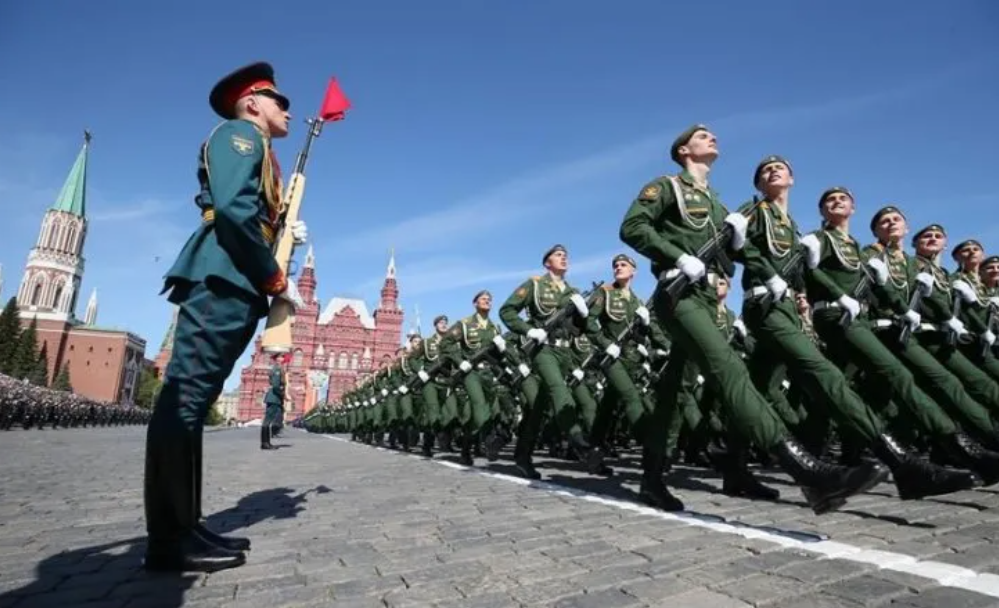The “Thucydides trap” is a term popularized by American political scientist Graham T. Allison to describe “the concomitant dangers when a rising power rivals an established power,” including the potential conditions for warlike conflict between them. The narrative of the Peloponnesian Wars by the great historian of Ancient Greece is used, in this case, to describe the rise of China as a kind of new 21st century Athens challenging Sparta represented by the United States. Of the sixteen cases studied by Allison, only four did not end in war. It would be a matter, according to him, of understanding these patterns of behavior so that war would not be the ineluctable destiny of the competition between China and the United States in their dispute for global leadership.
That image of comparative history, picked up by academia and intellectual debate, was taken at face value by strategists and political leaders. Xi Jinping himself argued in Seattle, during a tour to the U.S. in 2015, that “there is no such thing in the world as a so-called Thucydides trap (…),” although he went on to warn that “if major countries make strategic miscalculations, again and again, they could create such traps themselves.”
Thucydides’ History of the Peloponnesian War continues to illustrate from antiquity to the present, international relations and becomes particularly topical when one of the superpowers openly challenges international peace and security, as Russia is doing in Ukraine, alleging geopolitical and ethno-territorial motivations that carry ominous implications. But Thucydides is not only useful for explaining the relationship between the great powers but also between them and the rest of the States.
The Dialogue of the Melians, a passage from Book V of that work, in which the Athenians offer the inhabitants of the island of Melos an ultimatum: surrender and pay tribute to Athens or be destroyed, is famous in this sense. The Melians resist and end up razed to the ground. The phrase that defines the relationship – “the strong do what they can and the weak suffer what they must”- will mark an apothegm of the so-called “realist school” of international relations.
This reference will be taken up and used in Argentina in the 1990s to explain from the so-called “peripheral realism” the reorientation of foreign policy and the alignment with the U.S. during the government of Carlos Menem. Argentina abandoned its traditional position of non-alignment and non-intervention, accompanied Washington in the first Gulf War (1990), benefited from credits and financing that would later swell its foreign debt, and was incorporated as an “extra-NATO ally”. It also suffered the two most serious terrorist attacks of Islamic fundamentalism in Latin America: the bombing of the Israeli embassy (1992) and of the headquarters of the Israeli mutual, the AMIA (1994). The lesson learned was that ingratiating oneself with the hegemonic power would bring greater benefits than continuing to suffer isolation from a distant, reticent, or confrontational position.
Today, Thucydides’ Dialogue of the Melians is used to exemplify the drama of Ukraine, faced with the Russian invasion, in a global context marked by tensions between Moscow and the West, defined as a new Cold War, with China looking on expectantly. Latin America, which has suffered during the 20th century the condition of being the scene of dispute, overlapped or open, between the great powers, knows what this means. It was nourished by European immigration and culture and its societies are the result of the miscegenation produced by migratory currents coming from prosperity, but also expelled by wars, persecutions, and economic crises in the developed world.
But Latin America, it should also be clarified, does not work on a single telephone: it appears as a fragmented and heterogeneous region; it is a more disparate conglomerate of actors with their own positions than an actor with common positions on the international scene.
And this has been seen in the positions on the invasion of Ukraine. In the United Nations Assembly vote to demand Russia cease hostilities in Ukraine held on March 24 – the first month of the invasion -, the result against Moscow was overwhelming: 140 countries voted in the affirmative out of 196. The G7 countries led this position, which was supported by all of Europe and 29 of the 34 Latin American countries; 38 countries abstained, only 5 rejected it and 13 abstained from voting.
In the following vote of the General Assembly, on April 4, which dealt with and approved the separation of Russia from the UN Human Rights Council, the votes of condemnation fell from 140 to 97, the abstentions increased from 38 to 51, and the negative votes from 5 to 24. As Rosendo Fraga points out, the turnaround was led by the regional powers of the developing world: Brazil and Mexico in Latin America; Nigeria and Egypt in Africa; and Saudi Arabia and Indonesia in Asia. These countries abandoned their rejection of Russia and moved to abstention, dragging votes from their respective areas of influence. China, which had abstained in previous votes, moved to reject the sanctions motion, while India, South Africa, and Pakistan continued to shun condemnation of Russia.
In the World Tourism Organization (UNWTO), part of the United Nations constellation, the General Assembly decided by 40 votes in favor, 11 against, and 40 abstentions, out of 160 members, to suspend the Russian Federation. Among the Latin American countries, abstention was predominant. Only six governments condemned the Russian aggression (Colombia, Costa Rica, Ecuador, Guatemala, Paraguay, and Uruguay), while Nicaragua voted against it and Cuba did not vote.
At the hemispheric level, on April 21, the OAS voted to suspend Russia as a permanent observer country of the organization. The resolution had 25 votes in favor, 8 abstentions, one absentee, and no votes against. In other words, a majority rejection of Moscow is in line with the position of the United States and Canada. But among the eight abstentions were the three largest Latin American economies: Brazil, Mexico, and Argentina. Unlike what happened in other regions of the world, where the regional powers dragged the votes of their environment, this did not happen in the case of this region, where abstentionism prevails, as expert Carlos Malamud also points out in his analysis published on Clarín newspaper.
At the current crossroads, each Latin American country is once again facing a dilemma that is difficult to resolve, perhaps a second “Thucydides trap”: How to avoid an involvement imposed by the “major players”? knowing at the same time that it cannot remain on the sidelines of such a conflict that has multiple direct and indirect impacts and local, national, and regional consequences on the peoples’ lives. Once again, history – and war – cast glittering lights and spectral shadows over the present, placing humanity on the edge of the precipice. And there is a lack of leaders who know how to confront it and stop the insane march toward the void, without adding fuel to the fire.
Translated from Spanish by Janaína Ruviaro da Silva













